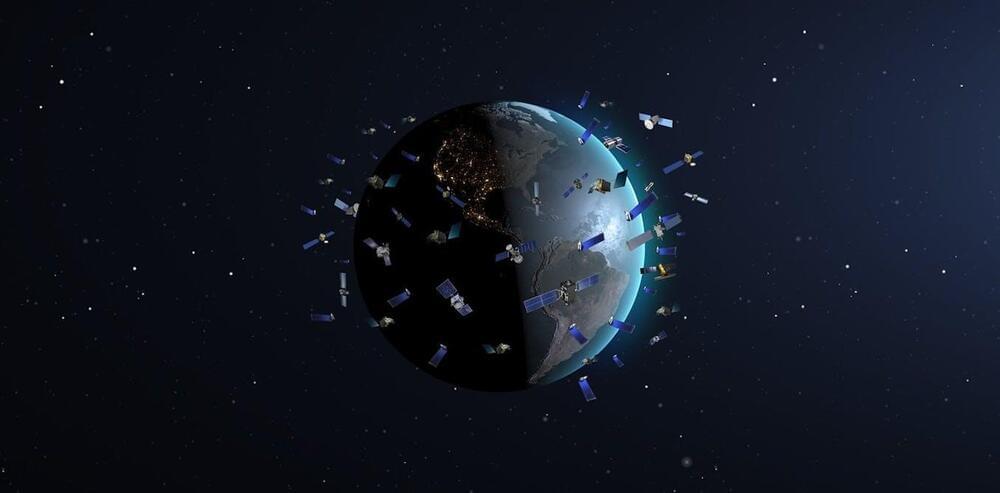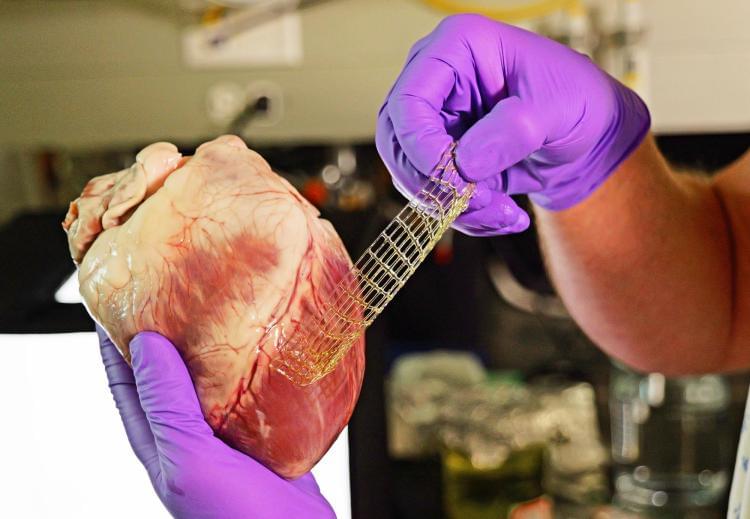Logistics companies on the ground solve similar problems every day and transport goods and commodities across the globe. So, researchers can study how these companies manage their logistics to help space companies and agencies figure out how to successfully plan their mission operations.
One NASA-funded study in the early 2000s had an idea for simulating space logistics operations. These researchers viewed orbits or planets as cities and the trajectories connecting them as routes. They also viewed the payload, consumables, fuel and other items to transport as commodities.
This approach helped them reframe the space mission problem as a commodity flow problem – a type of question that ground logistics companies work on all the time.








